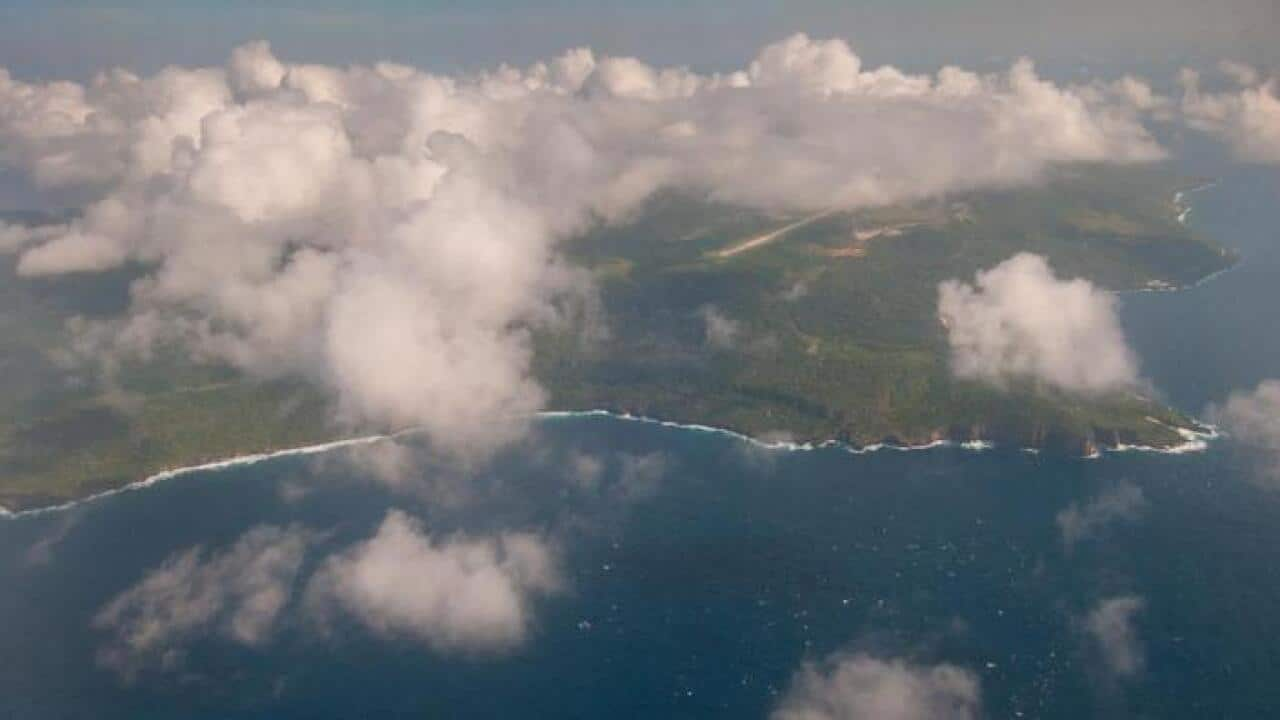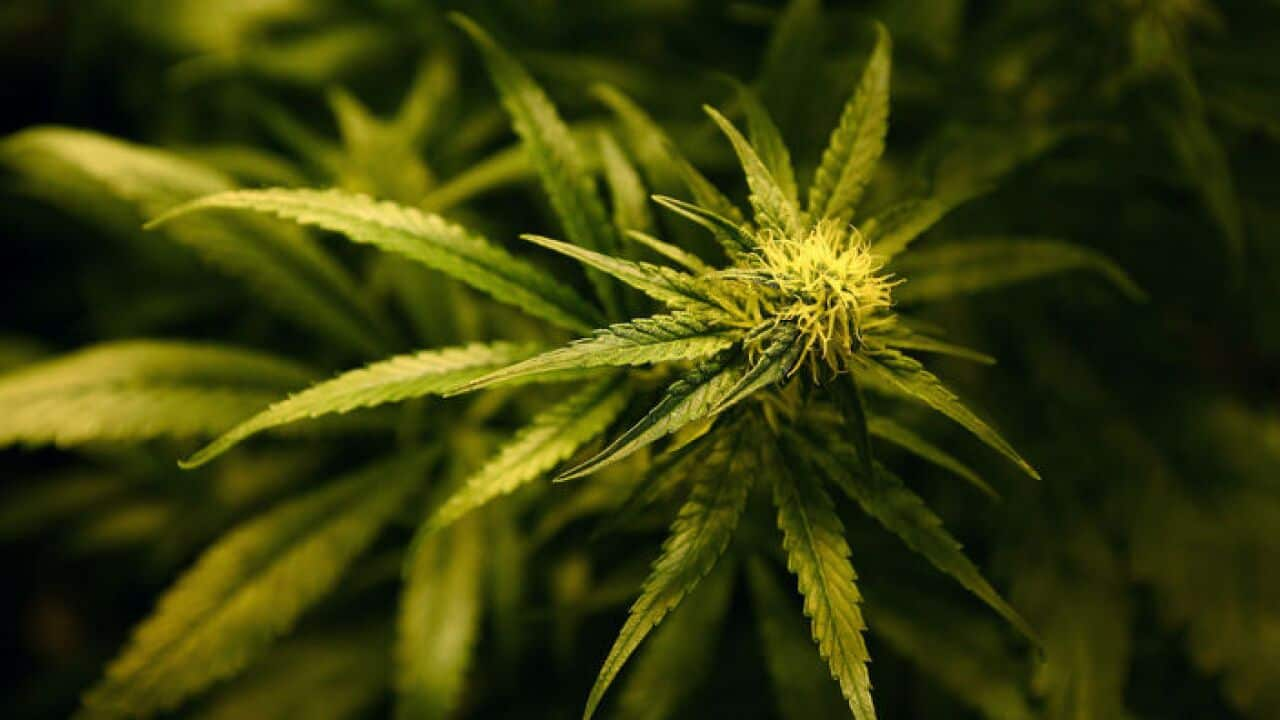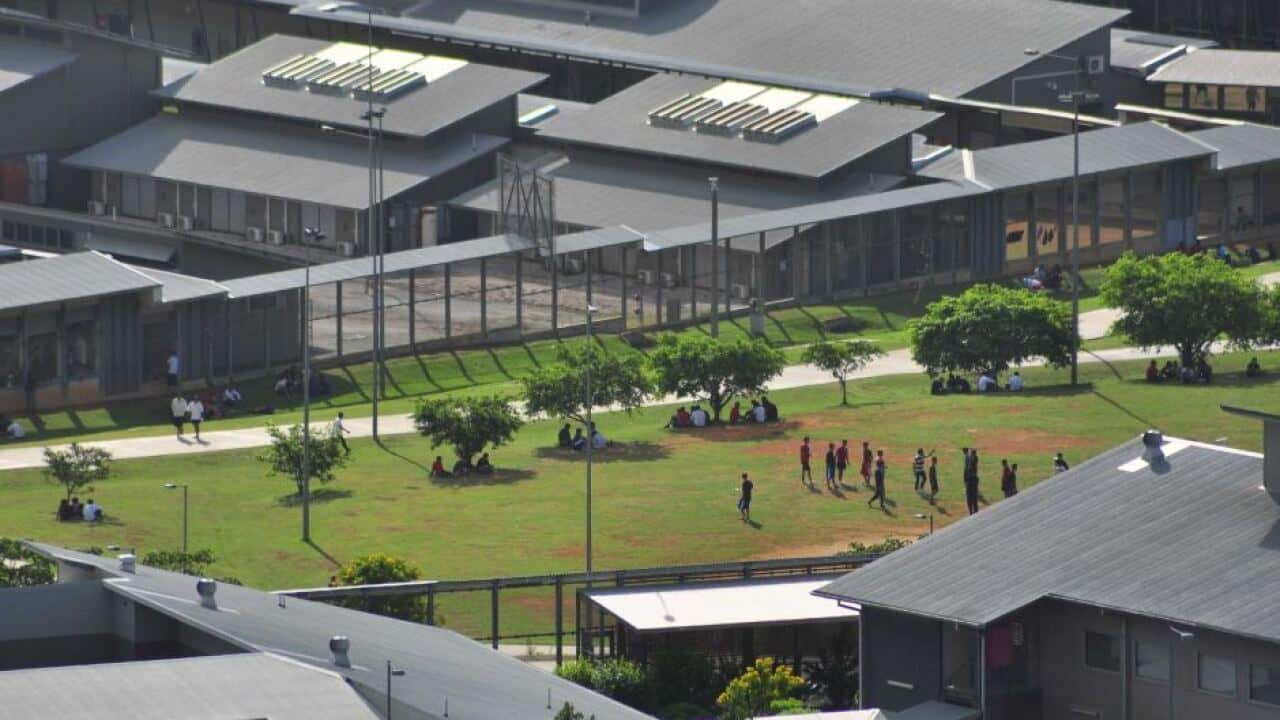It has been under Australian rule since 1958, but a joint parliamentary inquiry is examining whether Christmas Island should be given a greater say in its own affairs.
More than 500km from the Indonesian capital of Jakarta, Christmas Island covers a lot of ground for a small island.
It is in the Northern Territory federal electorate of Lingiari.
But its laws and most of the services come from Western Australia under an agreement with the Commonwealth.
Yet it is Canberra, in particular the Department of Infrastructure and Regional Development, that makes the majority of the decisions on the island.
To cap it off, the majority of the residents are from China or have a Chinese background, the rest are Malay and Australians are in the minority.
Shire president Gordon Thomson said the island has a “democracy deficit”.
“Everybody would put forward the view, I think, that the Commonwealth runs the place for its own interests,” he said.
“Whether that's a reasonable view or not, that's the perception.
“I think that it's a reasonable perception, given the facts – the way the department deals with the people of the island, the lack of consultation, the absence of that democratic form, which is the election of representatives to make the laws that govern our daily lives.”
A joint parliamentary standing committee is holding an inquiry into the governance of Australia’s Indian Ocean Territories, which include Christmas Island and Cocos Island about 900km to the west.
The inquiry has heard from the islanders, service providers and current and former administrators who are the representatives of the Commonwealth on the island.
Calls for self-determination
It will be some time before the inquiry reports, but an answer about what the people might want is already beginning to take shape.
The chief executive of the Shire of Christmas Island, Kelvin Matthews, is doing a thesis into the island's governance.
He has commissioned a survey of the islanders about their views on having more of a voice in their own affairs.
"So far, interestingly, what we've found is that a lot of the local people have indicated that they want some form of self-determination,” he said.
“They're not 100 per cent sure, and that's the purpose of the thesis, but they want some form, even if it's limited self-determination."
Mr Mathews said the shire had also proposed a referendum be held in 2018/19 for the islanders to decide how they are governed.
"Christmas Island's never been afforded the opportunity and it should have been,” he said.
“Cocos (Keeling) Islands were, in 1984, and they exercised their opinion and their rights to stay with integration with Australia.
“Christmas Island has never had the opportunity.
“So that may be a lever of pressure to apply to the Commonwealth, but, again, that's up to the community, and they need to know that information of what's available to them to take the course of action that they believe is best for their community outcomes.”
Following Norfolk Island’s lead?
Another avenue the shire is considering is following Norfolk Island, which recently lost its own self-administration to the United Nations.
The shire has begun talks with a university archaeologist about conducting a cultural survey of the island, which would look at its residents, heritage and industries.
The survey could be used to apply for inscription with the United Nations as a non-self-governing territory similar to Guam or French Polynesia.
It is a process the UN follows for “decolonisation”.
‘A long way from Canberra’
However, the federal government has indicated it will not be changing the way it governs the island; although the new minister responsible for the island, Paul Fletcher, told a recent gathering in Christmas Island that he had much to learn about the island.
“One of the things I’m rapidly learning is that Christmas is a more nuanced, complex, varied society and economy than one might think from following the media on the mainland, where the references to Christmas Island over the last 10 years or so have been almost exclusively in the context of the immigration detention centre,” the Minister for Territories, Local Government and Major Projects said.
“There’s no doubt that this is a long way from Canberra.
“I offer you that revelation: this is a long way from Canberra. And what that means is that as a minister you can sit there receiving briefs from your department, receiving advice from your department saying: ‘minister we need to do this on this piece of land, of course if you’ve never seen that piece of land; if you’ve never been to the island it’s very hard to understand what it’s all about.’”











